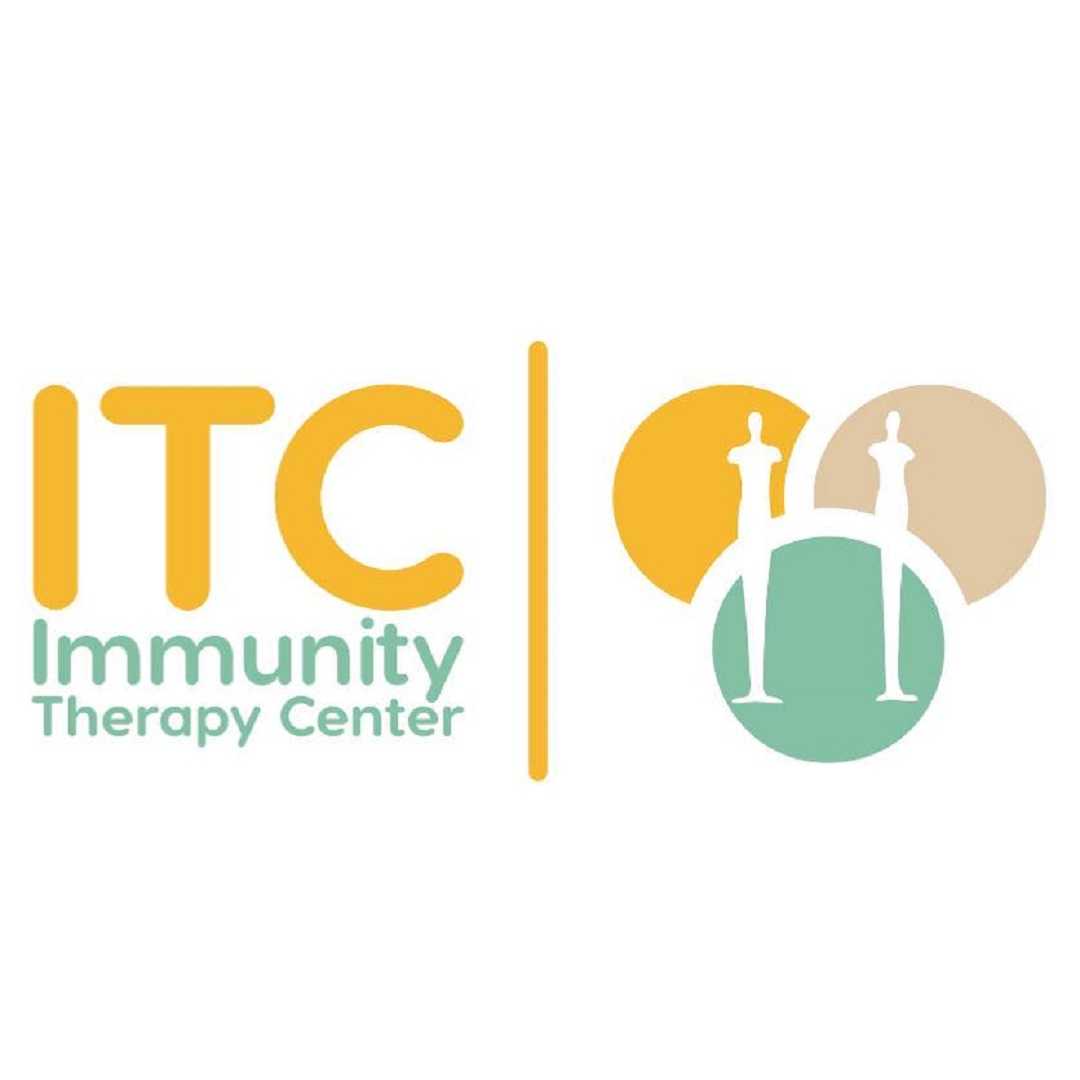
For UK patients with pancreatic cancer, limited NHS options and long waits often lead them to seek advanced, more accessible treatments abroad—Mexico has become a leading destination offering innovative immunotherapy at lower costs.
This comprehensive guide explores the landscape of immunotherapy for pancreatic cancer in Mexico, providing crucial information for UK patients considering this life-changing option.
Key Takeaways
-
Significant Cost Savings: UK patients can potentially save 40-60% on immunotherapy for pancreatic cancer by choosing treatment in Mexico. The cost per session in Mexico can range from $2,000 to $5,000, significantly lower than in the UK or the US.
-
Access to Advanced Therapies: Mexico offers a range of innovative immunotherapies, including some that may not be widely available through the NHS. This includes dendritic cell therapy, CAR T-cell therapy, and specific checkpoint inhibitors.
-
Comprehensive Treatment Packages: Many Mexican clinics offer all-inclusive packages for international patients, which can cover the treatment, accommodation, transfers, and language support, simplifying the medical travel process.
-
Cost Comparison:
-
Mexico: A full course of immunotherapy can range from $20,000 to $60,000.
-
United Kingdom (Private): Similar treatments can cost upwards of £50,000 to £100,000.
-
United States: Costs can be even higher, often exceeding $150,000.
-
Understanding Immunotherapy for Pancreatic Cancer
Immunotherapy is a revolutionary approach to cancer treatment that harnesses the power of the patient's own immune system to identify and destroy cancer cells. Unlike traditional treatments like chemotherapy and radiation, which can also damage healthy cells, immunotherapy is a more targeted and often less debilitating option.
Pancreatic cancer is notoriously resistant to conventional therapies due to its dense tumor microenvironment, which can shield cancer cells from the immune system. Immunotherapy aims to break down these defenses. There are several types of immunotherapy used for pancreatic cancer, each with a unique mechanism of action:
-
Immune Checkpoint Inhibitors: These drugs block proteins that act as "brakes" on the immune system, allowing T-cells (a type of white blood cell) to recognize and attack cancer cells more effectively. Common checkpoint inhibitors include Pembrolizumab (Keytruda) and Nivolumab (Opdivo).
-
CAR T-cell Therapy: This cutting-edge therapy involves genetically modifying a patient's T-cells in a laboratory to produce chimeric antigen receptors (CARs) on their surface. These engineered cells are then reinfused into the patient, where they can better identify and kill cancer cells.
-
Cancer Vaccines: These vaccines are designed to introduce tumor-specific antigens into the body, stimulating an immune response against the pancreatic cancer cells.
-
Dendritic Cell Therapy: This personalized therapy involves extracting a patient's dendritic cells (specialized immune cells), "training" them in a lab to recognize cancer antigens, and then reintroducing them to the body to orchestrate a more robust anti-cancer immune response.
.png)
Why Are UK Patients Turning to Mexico for Treatment?
The primary drivers for UK patients seeking pancreatic cancer treatment in Mexico are the significant cost advantages, shorter waiting times, and access to a wider range of innovative immunotherapies. This combination of factors can provide new hope for patients who have exhausted their options within the NHS or are facing prohibitive costs for private treatment in the UK.
Several key factors contribute to Mexico's growing reputation as a hub for advanced cancer care:
-
Reduced Costs: The operational and pharmaceutical costs in Mexico are considerably lower than in the UK and other Western countries. This allows clinics to offer state-of-the-art treatments at a fraction of the price.
-
Immediate Availability: While the NHS may have long waiting lists for specialist consultations and advanced therapies, Mexican clinics can often provide immediate access to treatment, which is crucial for a rapidly progressing disease like pancreatic cancer.
-
Access to a Broader Range of Therapies: Mexico's regulatory environment can sometimes allow for the faster adoption of new and innovative treatments. This means that UK patients may have access to therapies in Mexico that are not yet approved or widely available in the UK.
-
High-Quality Care and JCI Accreditation: Many leading Mexican hospitals and cancer centers are accredited by international bodies like the Joint Commission International (JCI), ensuring they meet the highest standards of patient care and safety. These facilities are often equipped with the latest medical technology and staffed by highly trained, bilingual medical professionals.
-
Patient-Centric Approach: Medical tourism facilitators and clinics in Mexico are experienced in catering to international patients. They often provide comprehensive support services, including travel coordination, accommodation arrangements, and translation services, ensuring a seamless and stress-free experience for patients and their families.
Did You Know? Pancreatic cancer has one of the lowest survival rates of all cancers. This is largely because it is often diagnosed at a late stage when it has already spread to other parts of the body. Early diagnosis and access to innovative treatments like immunotherapy are critical to improving outcomes for patients.
Candidacy for Immunotherapy
Determining whether a patient is a good candidate for immunotherapy for pancreatic cancer involves a thorough evaluation of their overall health, the specific characteristics of their tumor, and their previous treatment history. This is a highly personalized decision made in consultation with an experienced oncologist.
Several factors are considered when assessing a patient's suitability for immunotherapy:
-
Tumor Biomarkers: The presence of specific genetic mutations or biomarkers in the tumor, such as high microsatellite instability (MSI-H) or mismatch repair deficiency (dMMR), can indicate a higher likelihood of response to certain checkpoint inhibitors.
-
Overall Health: Patients should have a relatively good performance status, meaning they are well enough to tolerate the potential side effects of the treatment.
-
Previous Treatments: Immunotherapy may be considered for patients whose cancer has not responded to or has returned after standard treatments like chemotherapy.
-
Autoimmune Conditions: Patients with pre-existing autoimmune diseases may not be suitable candidates for certain types of immunotherapy, as it could exacerbate their condition.
.png)
The Treatment Process in Mexico: What to Expect
The journey for a UK patient seeking immunotherapy in Mexico is a well-coordinated process, designed to be as smooth and comfortable as possible. From the initial consultation to post-treatment follow-up, patients can expect comprehensive support and care.
The typical treatment process unfolds in several stages:
-
Initial Consultation and Medical Record Review: The process begins with a remote consultation with an oncologist in Mexico. The patient will need to provide their complete medical records, including diagnosis, staging, and previous treatment history.
-
Personalized Treatment Plan: Based on the review of the medical records, the oncology team in Mexico will develop a personalized treatment plan, outlining the recommended type of immunotherapy, the duration of treatment, and the estimated costs.
-
Travel and Accommodation Arrangements: Once the patient agrees to the treatment plan, a medical tourism facilitator like PlacidWay can assist with all travel arrangements, including flights, visas (if required), and accommodation near the clinic.
-
On-site Consultation and Pre-treatment Tests: Upon arrival in Mexico, the patient will have an in-person consultation with their oncologist. They will also undergo a series of pre-treatment tests to confirm their suitability for the planned therapy.
-
Immunotherapy Administration: The immunotherapy is typically administered intravenously in an outpatient setting. The frequency and duration of the infusions will depend on the specific drug and the patient's individual treatment plan.
-
Monitoring and Follow-up: Throughout the treatment, the patient will be closely monitored for any side effects. After returning to the UK, the Mexican medical team will coordinate with the patient's local doctor for ongoing follow-up care.
Cost of Immunotherapy for Pancreatic Cancer: Mexico vs. The UK
One of the most compelling reasons for UK patients to consider Mexico for pancreatic cancer treatment is the significant cost savings. The following table provides a comparative overview of the estimated costs for a full course of immunotherapy.
Expert Insight: "For many UK patients with pancreatic cancer, the options available on the NHS can be limited, and the cost of private treatment is often prohibitive. Medical tourism to countries like Mexico opens up a crucial new pathway to access cutting-edge immunotherapies that have the potential to significantly improve outcomes. The key is to work with a reputable medical tourism provider to ensure you are connected with accredited clinics and experienced oncologists."
Potential Risks and How to Mitigate Them
While immunotherapy can be a life-saving treatment, it is not without potential risks and side effects. It is essential for patients to have a clear understanding of these before making a decision and to work with a medical team that is experienced in managing them.
Common side effects of immunotherapy can include:
-
Fatigue
-
Skin rashes
-
Diarrhea
-
Inflammation of organs such as the lungs (pneumonitis), colon (colitis), or liver (hepatitis)
To mitigate these risks:
-
Choose an Accredited Clinic: Opt for a clinic that is internationally accredited (e.g., by JCI) and has a proven track record in treating international patients.
-
Experienced Oncologists: Ensure that the medical team has extensive experience in administering immunotherapy and managing its side effects.
-
Clear Communication: Maintain open and honest communication with your medical team about any symptoms or side effects you experience.
-
Comprehensive Travel Insurance: Obtain comprehensive medical travel insurance that covers any unforeseen complications.
Frequently Asked Questions (FAQ)
Is immunotherapy a cure for pancreatic cancer?
Immunotherapy is not considered a cure for pancreatic cancer, but it can lead to significant tumor shrinkage and long-term remission in some patients, particularly those with specific tumor biomarkers. It represents a major advancement in the treatment of this challenging disease.
How long will I need to stay in Mexico for treatment?
The length of stay in Mexico will depend on your specific treatment plan. An initial stay of 2-4 weeks is common to begin the therapy and monitor for any immediate side effects. Some treatments may require return visits every few weeks or months.
Can I combine immunotherapy with other treatments?
Yes, immunotherapy is often used in combination with other cancer treatments like chemotherapy or radiation therapy to enhance its effectiveness. Your oncologist will determine the best treatment protocol for your individual case.
How do I know if a clinic in Mexico is reputable?
Look for international accreditations like JCI, check patient reviews and testimonials, and work with a trusted medical tourism facilitator like PlacidWay that has a network of vetted and approved healthcare providers.
What happens when I return to the UK after treatment?
Your medical team in Mexico will provide you with a complete record of your treatment. It is important to share this with your GP and oncologist in the UK for continued care and monitoring. PlacidWay can also assist in coordinating this communication.
Are the immunotherapy drugs used in Mexico the same as in the UK?
Many of the immunotherapy drugs used in leading Mexican clinics are FDA and EMA-approved, the same as those used in the UK and the US. However, Mexico may also offer access to newer therapies that are still in clinical trials or have not yet been approved in the UK.
Your Next Steps with PlacidWay
Navigating the complexities of international medical travel can be overwhelming, especially when dealing with a serious diagnosis. PlacidWay is here to simplify the process and connect you with the best pancreatic cancer treatment options in Mexico. Our team of experienced patient coordinators can:
-
Provide you with detailed information about leading cancer clinics in Mexico.
-
Assist with the coordination of your medical records and remote consultations.
Take the first step towards exploring new hope. Contact PlacidWay today for a personalized consultation.









.png)

.png)







Share this listing